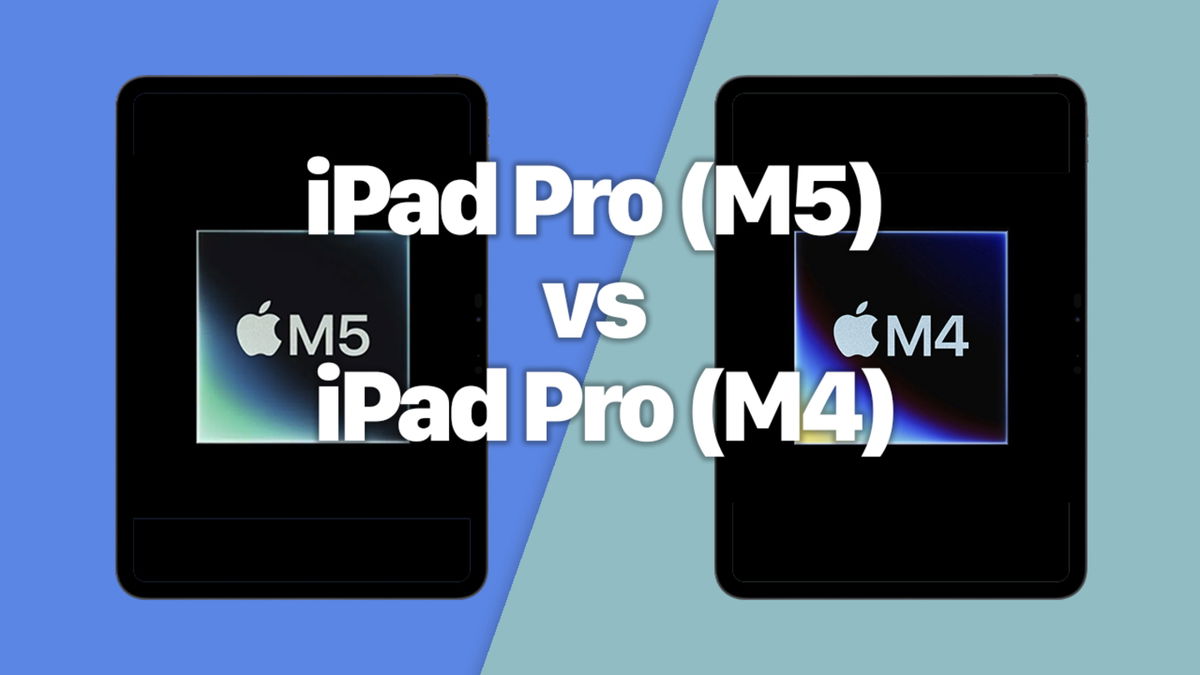TikTok spoke out: Frozen bread It’s better for your health. This usually happens. The fashion social network’s advice is pretty straightforward. Science talks about percentages and probabilities. Now, to what extent in this case do the probabilities confirm Tik Tok recommendations?
Scientist from Aston University, Duane Melloranalyzed the existing scientific literature in an article for Talk. From this we can see that there are indeed reasons why frozen bread may be healthier than that stored at room temperature or that stored in the refrigerator.
It is important to emphasize that studies that directly analyze its effects on human volunteers have had very few participants. Only 10 people took part in the most complete one so far. This means that although the results are consistent with the biochemistry of the substance, definitive answers cannot be given. Of course, it’s clear that freezing bread is a good idea. If we have nothing to lose by trying, then it’s worth trying.
Advantages of frozen bread
When the bread is baked, heat and water They allow the starch in the flour to expand and gelatinize.. Starch is a molecule consisting of two types of polysaccharides: amylose and amylopectin. Both are made up of many glucose molecules, but the difference is that amylopectin contains branches. All this complicates the breakdown of starch into its constituent glucose monomers. However, when it expands, it becomes easier and easier to digest.
All this causes increased blood glucose levels. In order for the cells to use it, large amounts of insulin are released, which leads to the so-called glycemic peak. If this happens occasionally, it is not a problem, but if it continues over time, it leads to the development of insulin resistance. Cells require increasing amounts of this hormone to turn on glucose, and the pancreas cannot synthesize it. This can trigger obesity or metabolic diseases such as type 2 diabetes.
On the other hand, if the bread is frozen, the process will be different. At low temperatures, starch shrinks, turning into so-called resistant starch. It is more difficult to digest, so not as much glucose accumulates in the blood and does not require as much insulin at once. The result is a greater feeling of fullness and less chance of glycemic spikes.
In addition, resistant starch has been observed to promote the proliferation of beneficial bacteria in the gut, improving digestive microbiota.
Interesting studies, but with a small number of participants
So far we have seen the biochemical explanation for the benefits of frozen bread. But, logically, human studies are needed to ensure that this is indeed the case.
One of these studies was published in 2008 involving 10 volunteers whose blood glucose levels were measured before and after the experiment. This experiment involved taking a portion of frozen or freshly prepared bread, toasted or untoasted. In addition, they tested with both homemade and commercial bread.
It was noticed that in homemade bread, if it was frozen and thawed immediately at the time of consumption, the blood sugar level were reduced by 31% compared to unfrozen bread. Moreover, if the bread was toasted after thawing, the benefits were even greater as blood glucose levels were reduced. 39%.
On the other hand, if the bread was commercial, no differences were observed. It may be made using ingredients that reduce the benefits of freezing.
Freezing is not the same as refrigeration.
All this that we have seen relates to benefits of frozen bread, but not chilled. The effect on starch is much stronger at sub-zero temperatures. Additionally, freezing preserves water, so when it returns to room temperature, the bread retains a good texture. On the other hand, the refrigerator loses some of the water and makes the bread chewier.
In fact, the texture of bread changes quickly in the first three days of storage in the refrigerator, so if we are not going to freeze it and plan to eat it within that time, it is better to store it at room temperature.
Whole grain bread is always better
All of these studies we’ve seen have been done with White bread. With whole wheat flour, it won’t even need to be frozen unless we want the bread to be available longer.
This is because whole grains contain fiber, which helps release glucose slowly. Thus, jumps in glycemia do not occur, even if the bread is freshly baked.

How long can bread be frozen?
Sometimes we think that frozen foods have an infinite life, but this is not true. Microorganisms can continue to multiply in them. Much slower, but they do it. Therefore, it is important to know how long different food groups can be kept frozen. In the case of bread, it is usually recommended to store no more than three months.
However, it is absolutely impossible to deny that freshly baked bread is better than frozen. Therefore, nothing will happen if we want to give ourselves the pleasure of good toast from local bread, fresh from the oven. Even if he’s white. It will be less healthy than whole grain, but it is important to be informed and maintain a balance with all food groups. Now, if we think about storing it longer, or even if we fear that frozen bread will be worse, we should know that nothing could be further from the truth. Not only is this not bad, but it can also be very beneficial for your health.
Source: Hiper Textual














